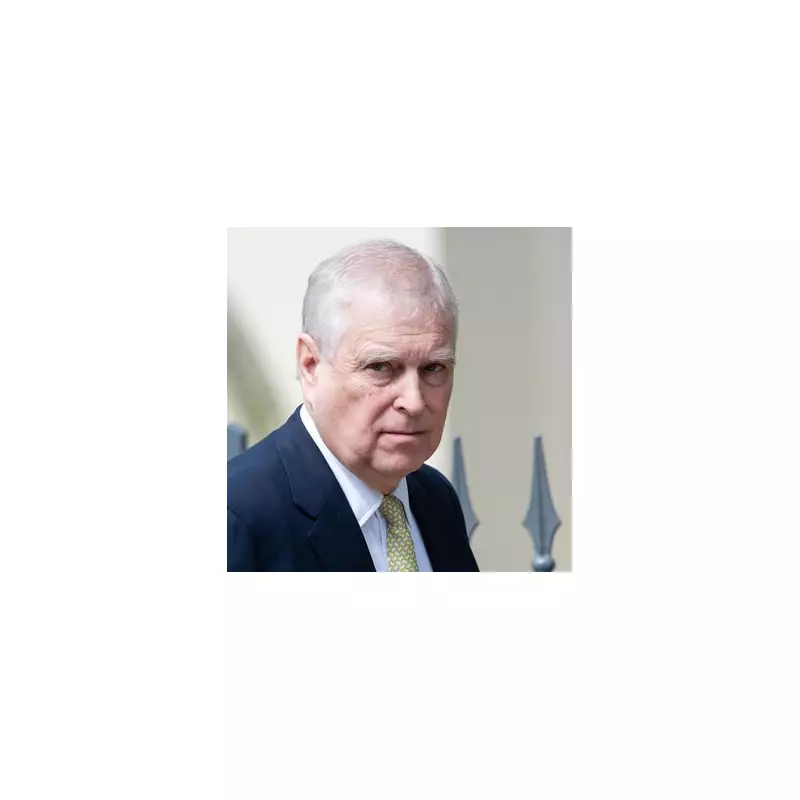
In a stunning blow to the disgraced Duke of York, Prince Andrew has been formally barred from performing a significant ceremonial role at Westminster Abbey during King Charles's coronation celebrations. The decision represents another major step in the monarch's efforts to distance the monarchy from his scandal-plagued brother.
Ancient Tradition Denied
The role in question, that of the Gold Stick in Waiting, has been a royal tradition for centuries. Historically, this position involved serving as a personal bodyguard to the monarch during major ceremonial events. For Andrew Mountbatten-Windsor, this denial marks the latest in a series of royal humiliations following his legal settlement in the Virginia Giuffre case.
King Charles's Firm Stance
Insiders confirm that King Charles himself made the final decision, demonstrating his commitment to modernising the monarchy and protecting the institution from further controversy. The move sends a clear message that Andrew's days as a working royal are permanently over, despite his desire to maintain some public role within the family.
The Gold Stick role will instead be performed by a trusted aide, ensuring the coronation proceedings proceed without the shadow of recent scandals. Royal commentators note this decision aligns with Charles's broader strategy of creating a "slimmed-down" monarchy focused on core working members.
Mounting Royal Restrictions
This latest restriction follows Andrew's removal from:
- All military affiliations and royal patronages
- His cherished HRH style in official documents
- Most public royal engagements and appearances
- The use of Buckingham Palace offices
The Duke's continued exile from royal life appears increasingly permanent, with palace sources suggesting there's no pathway back to public duties regardless of his continued protests of innocence.
Coronation Consequences
While Andrew will reportedly attend the coronation ceremony as a guest, his exclusion from any formal role underscores his diminished status within the royal framework. The decision has been widely interpreted as necessary damage control ahead of one of the most significant events of Charles's reign.
Royal experts suggest this move demonstrates the King's determination to protect the monarchy's reputation above family loyalties, setting a precedent for how the institution will handle controversial members in the future.





